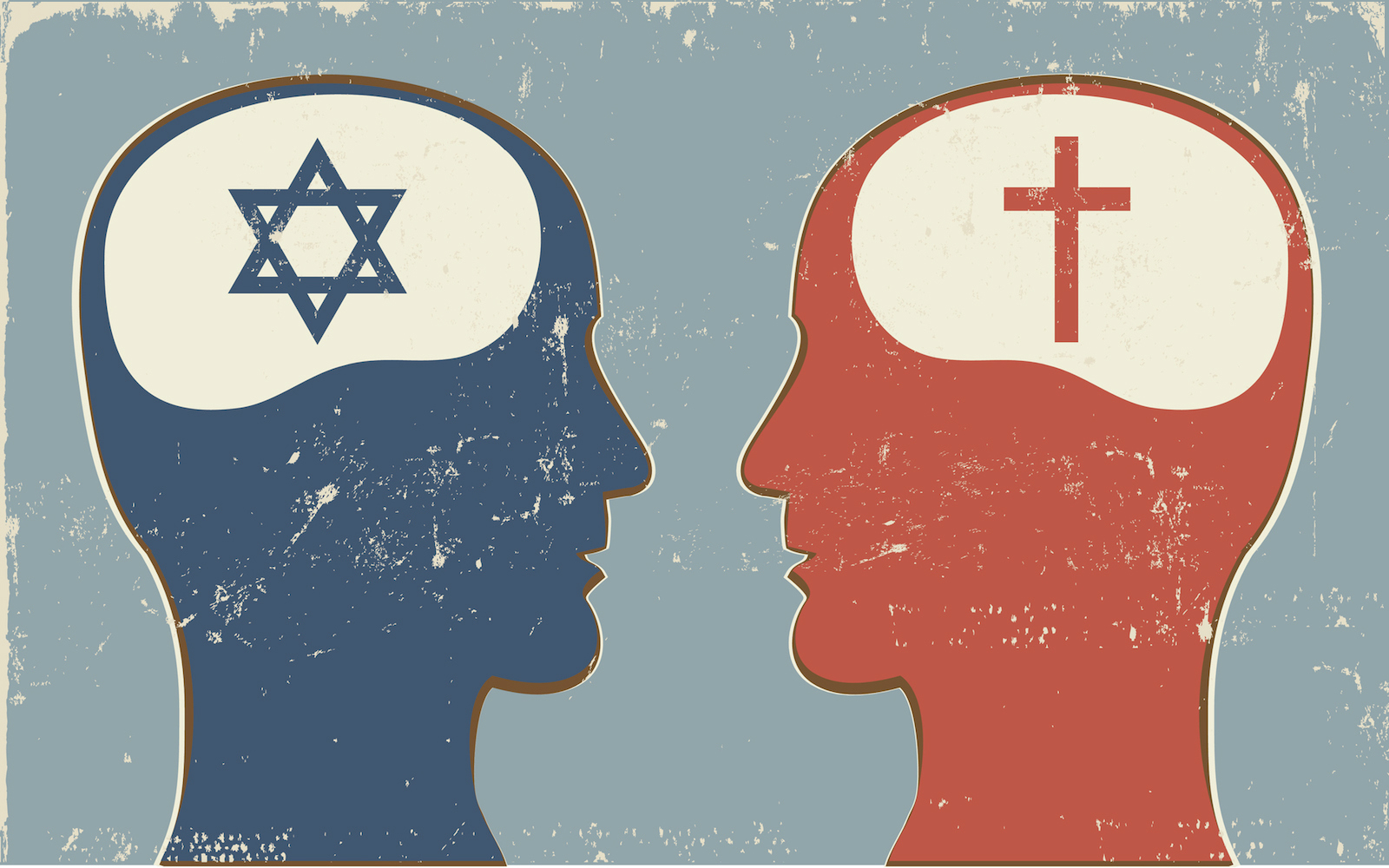Most Romans came to believe that the movements of the heavenly bodies influenced their fortunes and fates and governed their decisions. If one could do nothing to change one’s destiny, one could at least try to find out what that destiny might be by consulting an expert astrologer. The astrologer would study the seven planets (Saturn, Jupiter, Mars, the Sun, Venus, Mercury, the Moon), each of which had its own will, character, gender, plants, numbers, and attendant animals, and each of which was lord of a sphere.
Seven itself became a mystic number: there were seven ages of man, seven wonders of the world. Then, too, there were the twelve Houses of the Sun—constellations of stars through which the sun passed on its way around the earth: these were the signs of the zodiac, itself an imaginary belt of the heavens.
From the position of the heavenly bodies and the signs of the zodiac at the moment of conception or birth, astrologers would draw up a horoscope foretelling a person’s fate. The Roman emperors, like most of their subjects, profoundly believed in astrology. Especially valuable for the art of prophecy were so-called unnatural events—the appearance of a comet, the birth of a monster. Similarly, people believed in all sorts of magic and tried by its power to force the heavenly bodies to grant their wishes. The magus, or “magician,” exercised enormous power.

